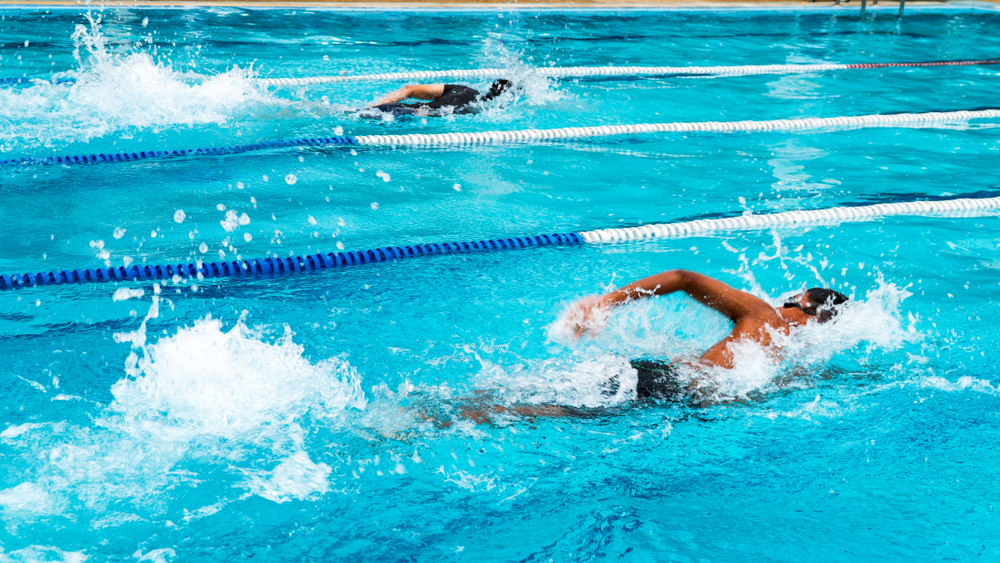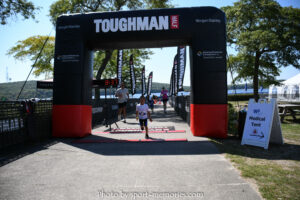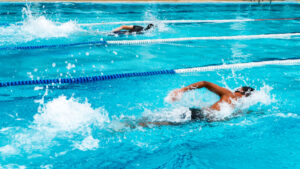Here are some essential tips to keep in mind when helping kids train for a triathlon:
- Physical Preparation:
Start with a strong foundation of physical activity. Encourage kids to engage in a variety of activities such as swimming, cycling, running, and other forms of aerobic exercise to build endurance and strength. - Structured Training Plan:
Implement a structured training plan that gradually increases in intensity and duration as the event approaches. This can include regular swimming, biking, and running sessions, as well as strength and flexibility exercises. - Practice Transitions:
Since triathlons involve transitioning between swimming, cycling, and running, it’s crucial to practice these transitions in training. Set up mock transition areas and have kids practice switching gear and adjusting to different modes of movement. - Safety First:
Prioritize safety during training. Ensure kids have the necessary protective gear, such as helmets for cycling and proper swim gear for swimming. Additionally, teach them about road safety and proper swimming techniques. - Rest and Recovery:
Ensure kids have rest days in their training schedule to allow their bodies to recover. Recovery is just as important as training, as it allows for muscle repair and prevents burnout. - Mental Preparation:
Help kids develop a positive mindset and mental resilience. Encourage them to set realistic goals, stay focused, and maintain a positive attitude throughout their training journey. - Race Simulation:
Closer to the event, incorporate race simulations into training. This can involve practicing the entire triathlon course or specific segments to familiarize kids with the event format and build confidence. - Encouragement and Support:
Offer constant encouragement and support to the young athletes. Positive reinforcement and acknowledgment of their hard work and progress can boost their confidence and motivation. - Fun and Enjoyment:
Finally, ensure that kids are having fun and enjoying the training process. Keep the focus on the joy of participating in a triathlon and the overall experience rather than just the end result.
Training for a kids’ triathlon is an opportunity for young athletes to challenge themselves, build skills, and cultivate a love for active living. By incorporating these tips into their training regimen, children can develop the physical and mental resilience needed to excel in a triathlon and, most importantly, have a great time doing it.
Always remember to consult with coaches and healthcare professionals for personalized advice tailored to your child’s specific needs and abilities. Here’s to a successful and fulfilling triathlon training journey for the young athletes!



